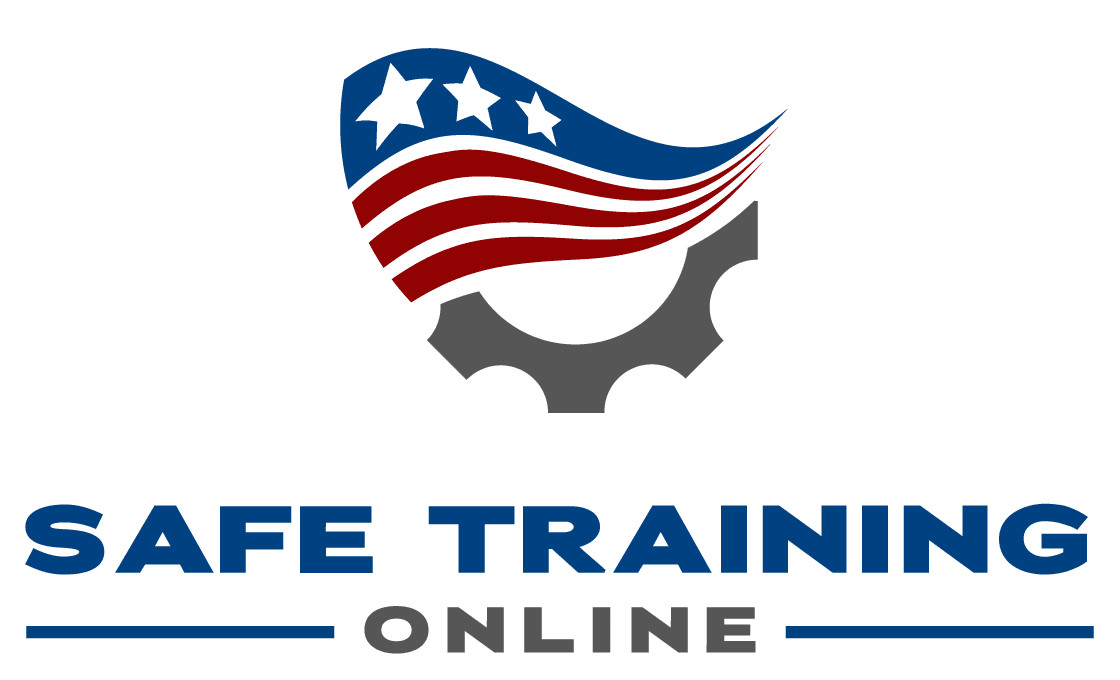Pipeline Construction Safety Training (PCST)
$74.00 USD
In the United States, Pipeline Construction Safety Training (PCST) is essential for ensuring the safety of workers involved in the construction, maintenance, and operation of pipelines. The pipeline industry is subject to stringent safety regulations, and workers must undergo proper training to adhere to these regulations and protect themselves and the environment. Due to the potential hazards in building and maintaining these pipelines workers require specific safety measures. Become a safe worker by enrolling in this Pipeline Construction Safety Training (PCST) course today.
Pipeline Construction Safety Training (PCST) course
In this course, participants will learn:
General Overview of Pipeline Construction
Common Hazards
Chemical Hazards
Personal Protective Equipment (PPE)
Working Environments
General Rights and Responsibilities
Right of Way Preparation
Pipe Assembly
Pipe Installation and Cleanup
Incident and Emergency Response
Pipeline Construction Safety Training (PCST) is of extreme importance for various reasons, as it plays a crucial role in protecting the well-being of workers, the environment, and the overall integrity of pipelines. Here are some key reasons highlighting the importance of PCST:
- Worker Safety: The primary objective of PCST is to ensure the safety and well-being of all workers involved in pipeline construction. Construction sites are inherently dangerous, and without proper training, workers are at a higher risk of accidents, injuries, and even fatalities.
- Compliance with Regulations: The pipeline construction industry is subject to strict safety regulations, which may vary by region or country. PCST ensures that workers and employers are aware of and comply with these regulations, helping to avoid legal penalties and fines for non-compliance.
- Reduction of Accidents: PCST provides workers with the knowledge and skills needed to identify potential hazards and take preventive measures. This leads to a significant reduction in accidents, which can result in both personal and financial losses.
- Protection of the Environment: Pipeline construction can have environmental impacts, especially if spills or leaks occur. PCST includes training on environmental protection measures, helping workers minimize the potential damage to ecosystems and natural habitats.
- Damage Prevention: Improper construction practices can lead to damage to the pipeline itself, which can result in costly repairs and potential service disruptions. PCST teaches workers how to handle materials, equipment, and machinery to prevent damage to the pipeline infrastructure.
- Emergency Preparedness: PCST typically includes training on how to respond to emergencies, such as leaks, fires, or equipment failures. Quick and appropriate responses can help mitigate the severity of incidents and reduce property damage.
- Increased Productivity: When workers are properly trained in safety procedures, they can work more efficiently without compromising safety. Reduced downtime due to accidents or injuries can lead to increased productivity.
- Positive Workplace Culture: Implementing PCST fosters a culture of safety within the organization. When safety is prioritized and consistently practiced, it becomes ingrained in the company's values and everyday operations.
- Lower Insurance Costs: Fewer accidents and injuries lead to reduced workers' compensation claims, which can result in lower insurance premiums for employers. This contributes to cost savings for companies.
- Enhanced Reputation: Companies that prioritize safety through PCST demonstrate a commitment to protecting their employees, communities, and the environment. This can enhance their reputation and make them more attractive to clients, investors, and partners.
- Long-Term Cost Savings: While investing in PCST requires resources upfront, the long-term cost savings from reduced accidents, injuries, and equipment damage can far outweigh the initial expenses.
Pipeline Construction Safety Training is vital for creating a safe work environment, preventing accidents, and complying with regulations in the pipeline construction industry. It protects the health and well-being of workers, minimizes environmental impact, reduces financial liabilities, and contributes to the overall success and reputation of companies involved in pipeline construction.
Click here to read about OSHA and its alliance with the American Pipeline Contractors Association (APCA)

Other Courses You May Be Interested in
$99.99 USD
$26.99 USD
$37.99 USD



